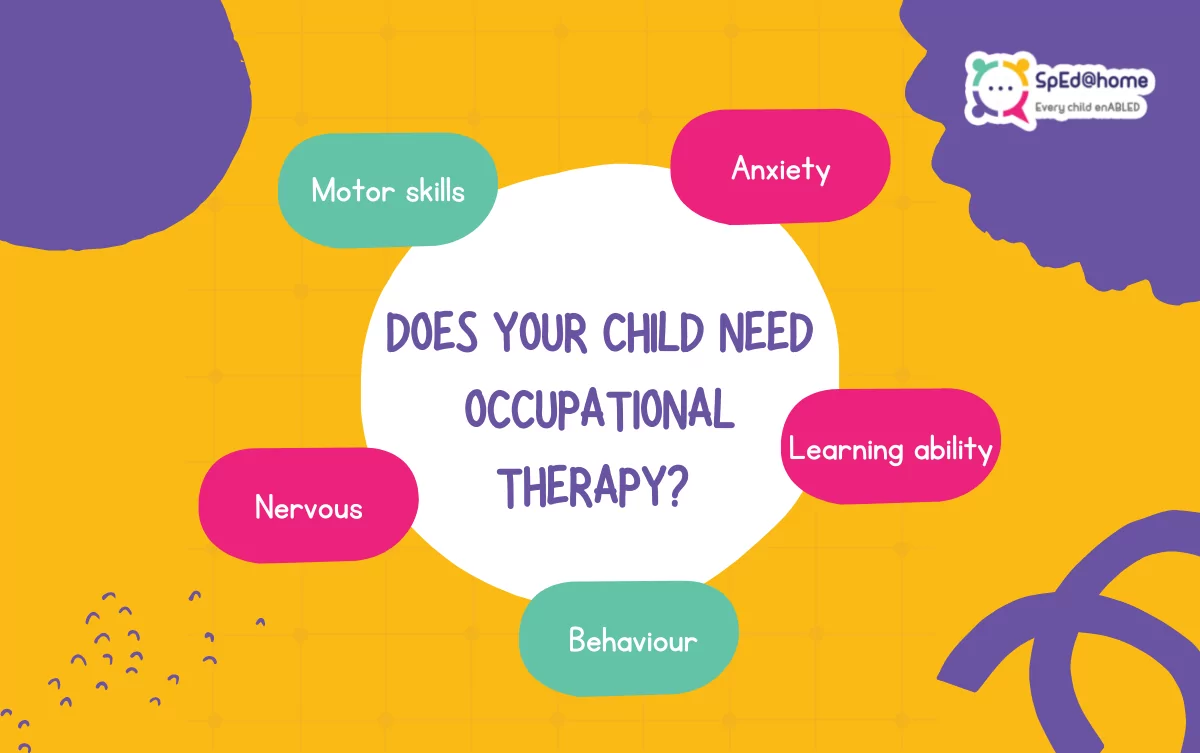Signs Your Child Needs a Special Education Assessment
Every child develops at their own pace, but sometimes learning challenges or developmental delays can indicate the need for a special education assessment. Recognizing early signs allows parents and educators to take timely action, ensuring children receive the support and resources they need to succeed academically, socially, and emotionally.
What Is a Special Education Assessment?
A special education assessment is a comprehensive evaluation of a child’s cognitive, academic, behavioral, speech, language, and social-emotional abilities. Conducted by qualified professionals such as psychologists, special educators, speech-language pathologists, and occupational therapists, it helps identify learning difficulties, developmental delays, or neurodiverse traits. The assessment informs the creation of tailored interventions, individualized education plans (IEPs), and strategies for home and school support.
Key Signs Your Child May Need an Assessment
- Academic Struggles: Persistent difficulty with reading, writing, math, or understanding instructions despite regular practice and support.
- Attention and Focus Issues: Trouble sustaining attention, frequent distractions, or difficulty completing tasks on time.
- Speech and Language Delays: Limited vocabulary, difficulty forming sentences, or trouble understanding spoken instructions.
- Behavioral Challenges: Frequent frustration, emotional outbursts, social withdrawal, or difficulty interacting with peers.
- Motor or Sensory Difficulties: Clumsiness, trouble with fine or gross motor skills, or strong reactions to sensory stimuli.
- Uneven Development: Performing well in one area while significantly struggling in another.
- Difficulty Following Routines: Challenges in adapting to structured activities, school schedules, or daily tasks.
Benefits of a Special Education Assessment
- Early Intervention: Identifying learning difficulties early improves outcomes and prevents long-term academic or social struggles.
- Personalized Support: The assessment helps create individualized strategies for learning, behavior management, and skill development.
- Confidence Building: Children gain reassurance and self-esteem when their challenges are understood and addressed.
- Parent and Teacher Guidance: Provides actionable insights to support the child in both school and home environments.
How to Proceed
- Document Observations: Keep a record of the child’s learning patterns, behaviors, and areas of struggle.
- Consult Professionals: Reach out to qualified specialists for a comprehensive evaluation.
- Collaborate With Schools: Work with teachers to understand classroom performance and needs.
- Follow Recommendations: Implement strategies, therapies, and accommodations suggested by the assessment report.
Final Thoughts
Being proactive is key. Understanding the signs your child needs a special education assessment ensures timely intervention and tailored support, allowing children to thrive in academics, social interactions, and emotional development. Early recognition empowers families to provide the guidance and resources necessary for every child to reach their full potential.


